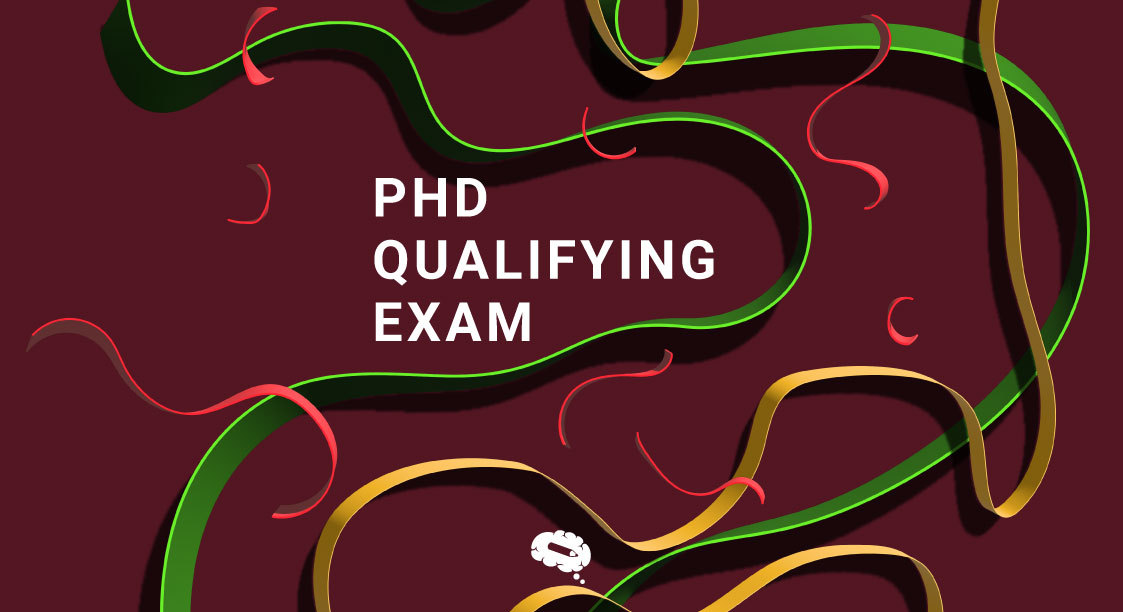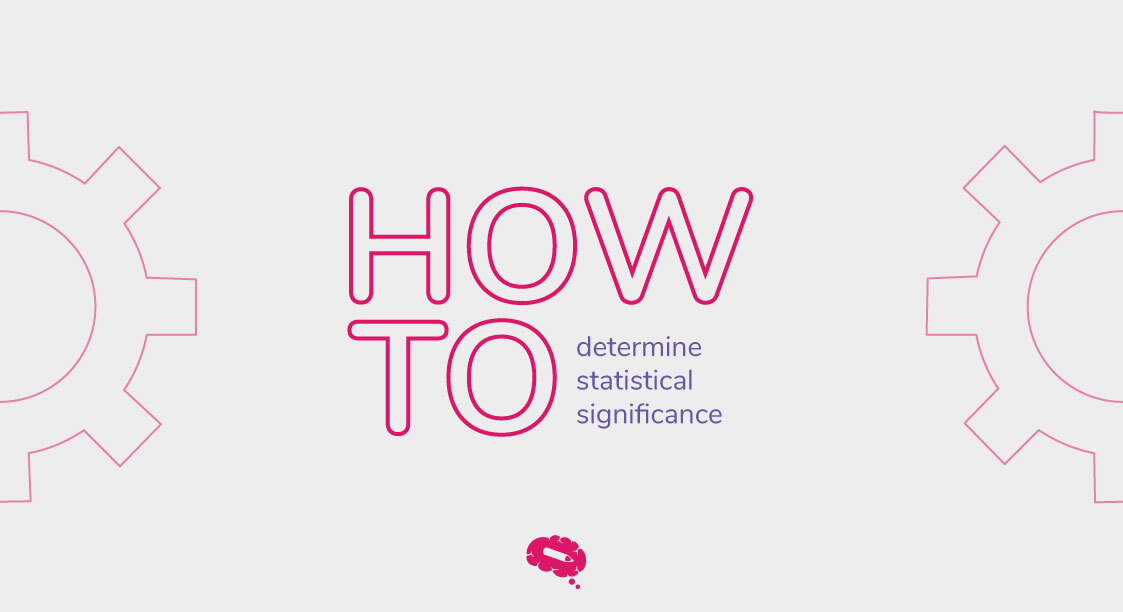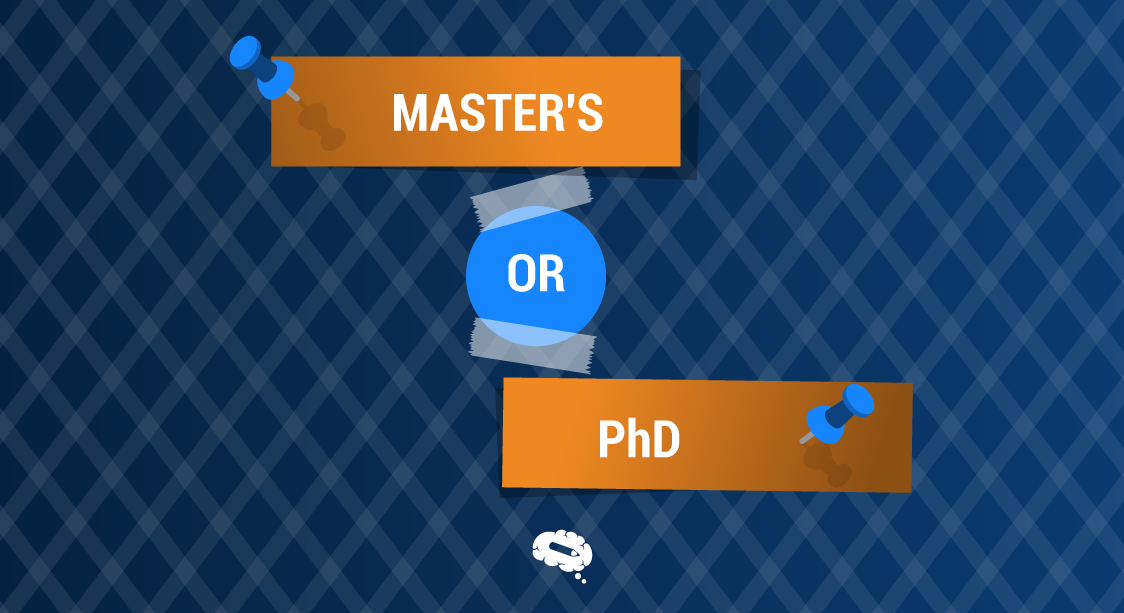A PhD is an incredibly difficult undertaking, but it’s definitely worth the effort. You have to work hard, be dedicated, and persevere for years. This journey can be challenging because of the many challenges faced along the way. There is a lot of work to be done in a PhD program, from coursework and research to publishing and defending a thesis, and these PhD struggles can be exhausting on a mental and physical level.
While there are struggles to overcome, there are also ways to succeed in acquiring a PhD. In this blog, we’ll explore various tips and strategies to help PhD students navigate the challenges. You will learn how to manage time and stress, set goals, and care for yourself in order to stay motivated and focused in your PhD studies.
No matter where you are in your PhD journey, this article will provide you valuable insights and tools to help you overcome the struggles. Any obstacle can be overcome with the right mindset and approach. Let’s get started and solve the PhD struggles together!
A brief overview of PhD Struggles
There are numerous challenges students face during their PhD journey. The demands of attending classes, conducting research, and teaching often make PhD students struggle with time management. Pressure to publish and present research at conferences is another significant growing struggle. Stress can hamper progress, and rejection fears can undermine confidence. As well as presenting and defending a thesis in front of a panel of experts, the thesis defense process can be nerve-wracking for students.
Additionally, taking out loans or working part-time jobs in order to support oneself can also be a significant strain as a student pursues a PhD, making the academic workload more stressful and challenging. Acknowledging the problem is the first step to overcoming the PhD Struggles. In the following, we listed some of the main concerns.
Time Management Issues
Managing time is one of the biggest challenges in PhD students’ lives. Prioritizing tasks and managing time effectively can be challenging when you have a heavy workload. It can negatively impact academic progress when students don’t manage their time well, which contributes to stress, missed deadlines, and low productivity.
It is important for PhD students to create a schedule and set clear goals each day, week, and month in order to manage their time productively. Keeping track of deadlines and completing tasks on time will help with the deadlines. Also, time-tracking apps, calendars, to-do lists, and other time-management tools can help you stay focused and organized.
To avoid feeling overwhelmed, breaking down complex tasks into smaller, more manageable steps may be helpful. Finally, students must control external distractions and unnecessary engagements to detract from their academic pursuits. Turning off your gadgets’ notifications when studying is a good way to start.
Motivation and Productivity
PhD students must be motivated and productive in order to succeed. Individuals who are motivated to pursue a PhD start and continue this lengthy and challenging journey. In order to achieve their goals, students must remain focused on their goals and overcome obstacles. Despite setbacks and failures, however, it is sometimes difficult to maintain high levels of motivation. Productivity plays an important role here. In order to maximize their productivity, PhD students need to develop effective time management strategies and create a conducive work environment.
Furthermore, motivation and productivity go hand in hand. The feeling of productivity and progress toward one’s goals tends to motivate individuals. Lack of productivity, however, can lead to demotivation, which can lead to limited progress and further setbacks. Thus, for PhD students to succeed academically, motivation and productivity must be prioritized.
Financial Challenges
PhD students often struggle with financial challenges, since PhD programs are expensive. Students may find themselves struggling to make ends meet if they have to pay tuition, research costs, and other expenses associated with pursuing a doctorate. The fact that most PhD students don’t receive a regular salary or stipend makes it even more difficult to cover necessities like rent, food, and utilities.
Fellowships, scholarships, and grants can help PhD students overcome these financial PhD struggles. A part-time job or research assistantship can also provide additional income and valuable experience. Students can effectively manage their finances by creating a budget and keeping track of their expenses.
To avoid stress and anxiety associated with financial hardship, PhD students should address their financial challenges early on. Planning and managing finances carefully can help PhD students navigate financial challenges and concentrate on their academic studies.
Relationship with Supervisor
In order to succeed academically, PhD students need a good relationship with their supervisors. Students can benefit from guidance, support, and feedback from a good relationship throughout their research journey. However, strained relationships can result in stress, anxiety, and even conflict, preventing students from progressing.
Strong relationships with supervisors require effective communication. It is important for students to communicate their expectations, goals, and concerns to their supervisors in a proactive manner. Student progress can be tracked and feedback can be given during regular meetings and check-ins.
The importance of setting clear boundaries, deadlines, and communication is also vital to avoid PhD Struggles. By doing so, you can avoid future misunderstandings and conflicts. The key to a successful PhD journey is maintaining a positive relationship with a supervisor. It is important for students to communicate effectively with their supervisors, set clear expectations, and build trust and rapport.
Lack of Support
One of the most common PhD struggles that students face is a lack of support, which can take various forms. There are a variety of reasons for this, including inadequate guidance and resources from supervisors, feeling isolated from peers, and feeling disengaged from lecturers. PhD students who lack proper support may experience motivation problems, self-doubt, and feelings of overwhelm.
Stress, anxiety, and even depression can result from a lack of support. For PhD students to navigate the challenges of academic life, mentors, peers, and family members are essential.
The lack of support can, however, be addressed in a number of ways. Using resources of their institution, such as counseling services and academic support programs, students can connect with mentors and advisors who can offer guidance and encouragement. The struggle of feeling unsupported can be overcome by building a support system and seeking help.
Mental Health Struggles
It is common for PhD students to struggle with mental health issues due to the immense stress and pressure they face. Anxiety, depression, and burnout can result from constant workloads and high expectations. Long research hours can further affect mental health due to the isolation involved.
Academic progress can be hindered by these PhD struggles, as well as motivation and productivity can be hindered. In order to achieve the best results in their research, PhD students should prioritize their mental health and utilize medical assistance when necessary.
Work/Life Balance
Students who are pursuing PhDs often struggle to maintain a good work-life balance. There is little time for personal interests, hobbies, and socializing due to the demands of coursework, research, and teaching. As a result of this imbalance, people are more likely to burn out, perform less efficiently, and suffer from mental health problems.
In order to achieve a healthy balance between work and personal life, PhD students must prioritize self-care and set boundaries. Taking time to pursue personal interests, scheduling regular breaks, and engaging in physical activity can help. In addition, communicating workloads and expectations with advisors and colleagues is crucial to avoiding overwork. Achieving academic success and improving well-being can be achieved by PhD students who prioritize work/life balance.
10 tips to help you dealing with PhD Struggles
These are 10 quick tips you should remember as a PhD student:
- Setting realistic goals and developing a clear plan is essential.
- Create a schedule and prioritize time management.
- Make your work manageable by breaking it down into smaller steps.
- Avoid burnout by taking breaks and taking care of yourself.
- Mentors, peers, and professionals can all be great sources of support.
- Make sure you stay on top of deadlines and stay organized.
- Progress is more important than perfection.
- Take failure as an opportunity to learn.
- Ensure a healthy balance between work and personal life.
- Don’t forget to celebrate your accomplishments and milestones.
With that being said, we wish you the best of luck with your PhD thesis. For those who are still unsure of their readiness for PhD, you should definitely read our article on Masters vs. PhD.
Make your PhD thesis more impactful by improving your visual communication through illustrations!
The use of quality visual communication can significantly enhance the visibility and impact of your thesis. A visual aid such as a chart, diagram, or infographic can engage readers and simplify complex information, ultimately leading to an increased impact. Communicate your science more effectively with Mind the Graph. Take a look at our illustration gallery and you won’t be disappointed!

Subscribe to our newsletter
Exclusive high quality content about effective visual
communication in science.





